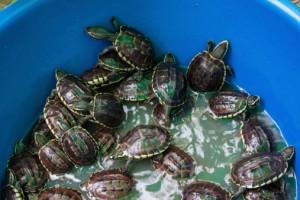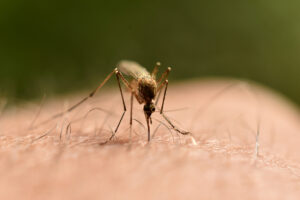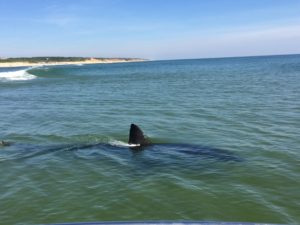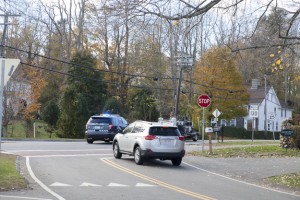 WELLFLEET – The harsh winter may be to blame for dozens of diamondback terrapins washing up stunned or dead in Wellfleet from late March through early June.
WELLFLEET – The harsh winter may be to blame for dozens of diamondback terrapins washing up stunned or dead in Wellfleet from late March through early June.
Mass Audubon’s Wellfleet Bay Wildlife Sanctuary Terrapin Field Coordinator Rebecca Shoer said the turtles started washing ashore in late March and continued through the beginning of June and suffered from symptoms similar to the cold-stunned sea turtles that washed ashore in record numbers this past winter.
“These were terrapins that were really lethargic. They were essentially immobile and they were also having issues with some leg usage,” she said. “Their back legs had a lot of muscle weakness. We also had terrapins that had blood actually coming from their eyes and nostrils.”
Diamondback terrapins are coastal turtles that can be found from Cape Cod down to Florida and across the Gulf Coast to Texas.
The species is listed as endangered in Rhode Island and is considered threatened in Massachusetts.
The terrapins spend the winter brumating, or hibernating, in the mud in Cape Cod Bay.
Shoer said researchers do not have a specific idea of what might have caused the problem for the turtles and that the winter might have just been a “perfect storm.”
She said a lot of the changes were psychological changes that happen when the terrapins are brumating and the bloody discharge may have occurred due to low platelet counts which naturally occurs during brumation.
“It was really strange to see this in turtles that were out of hibernation and active,” she said. “It seems like perhaps something drove them out of hibernation early and that could have been a lot of factors from the winter.”
Shoer said the deep freeze of February may have frozen the mud so far down that it reached the turtles and the salinity of the water may have been increased due to the large amounts of ice.
The rapid decrease of temperature during the winter also could have been a cause, according to Shoer.
Shoer said 89 turtles were affected throughout the spring with live turtles found at the beginning but towards late May all the turtles turning up were found dead.
“The vast majority of them were sexually mature females,” she said. “And when you have a threatened species, to lose so many breeding females is a huge problem and we have seen some reduction in the number of nests we protected this year.”
A number of the turtles are still alive and being treated at Tufts Veterinary School in Grafton.

























Speak Your Mind